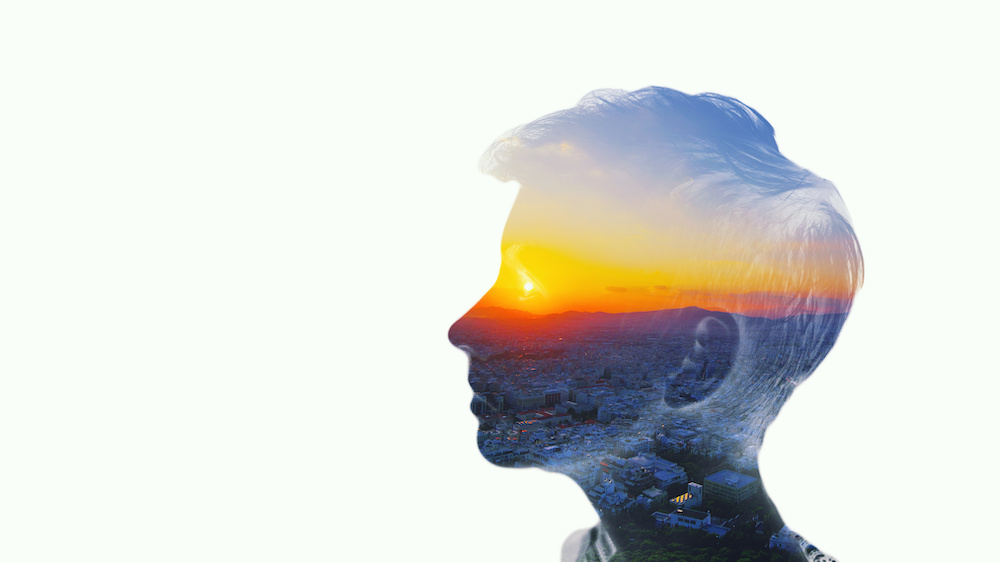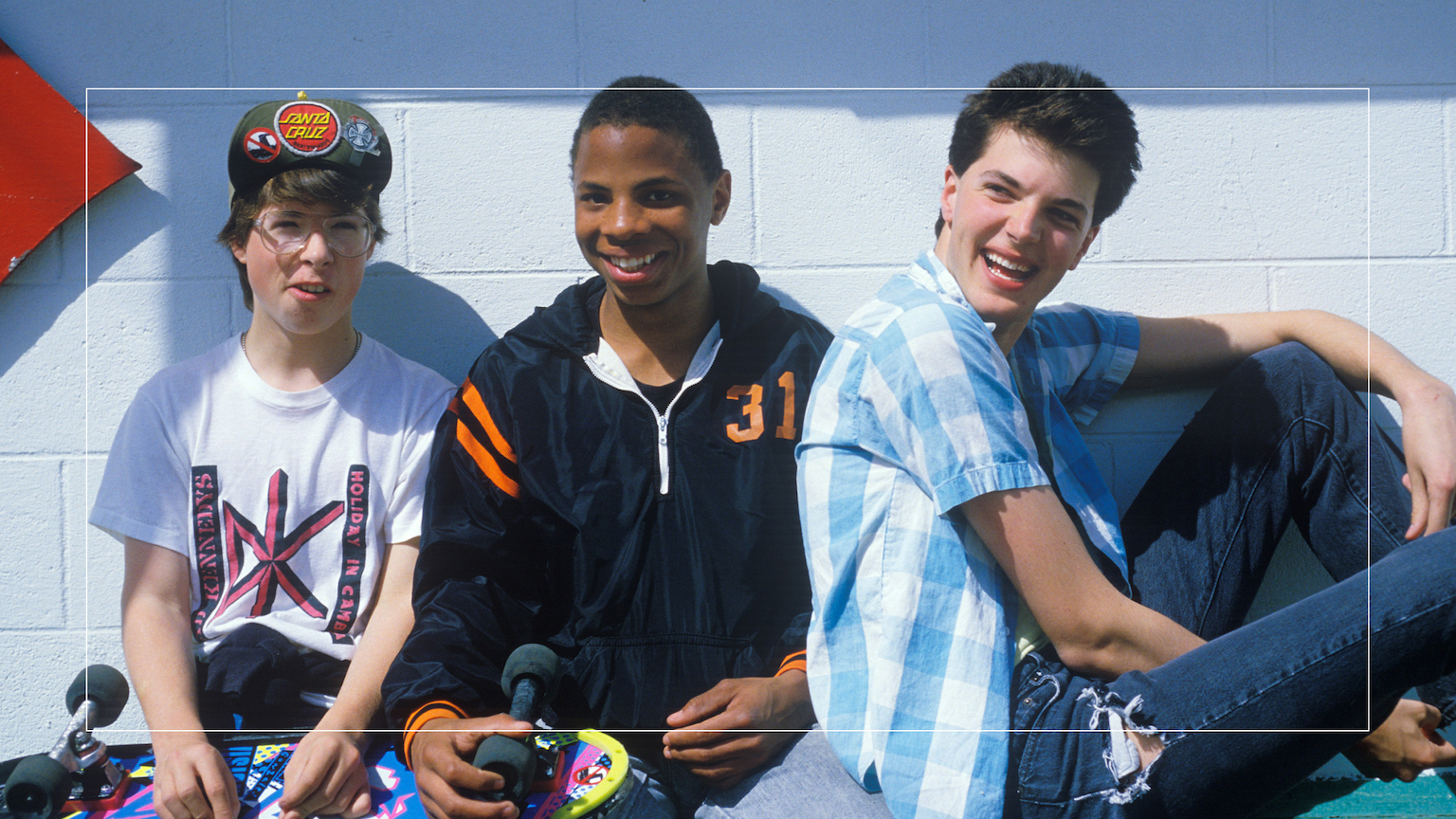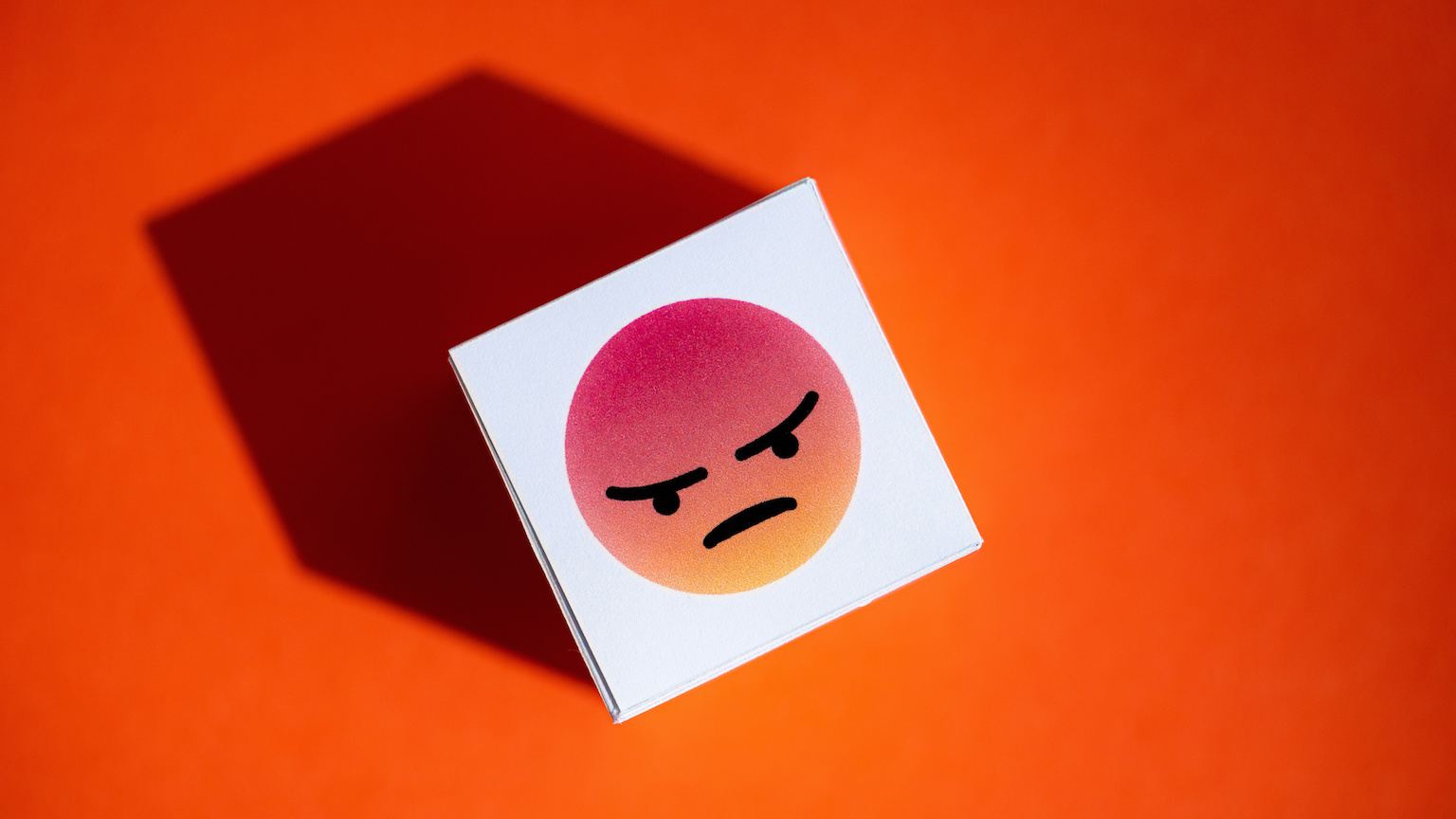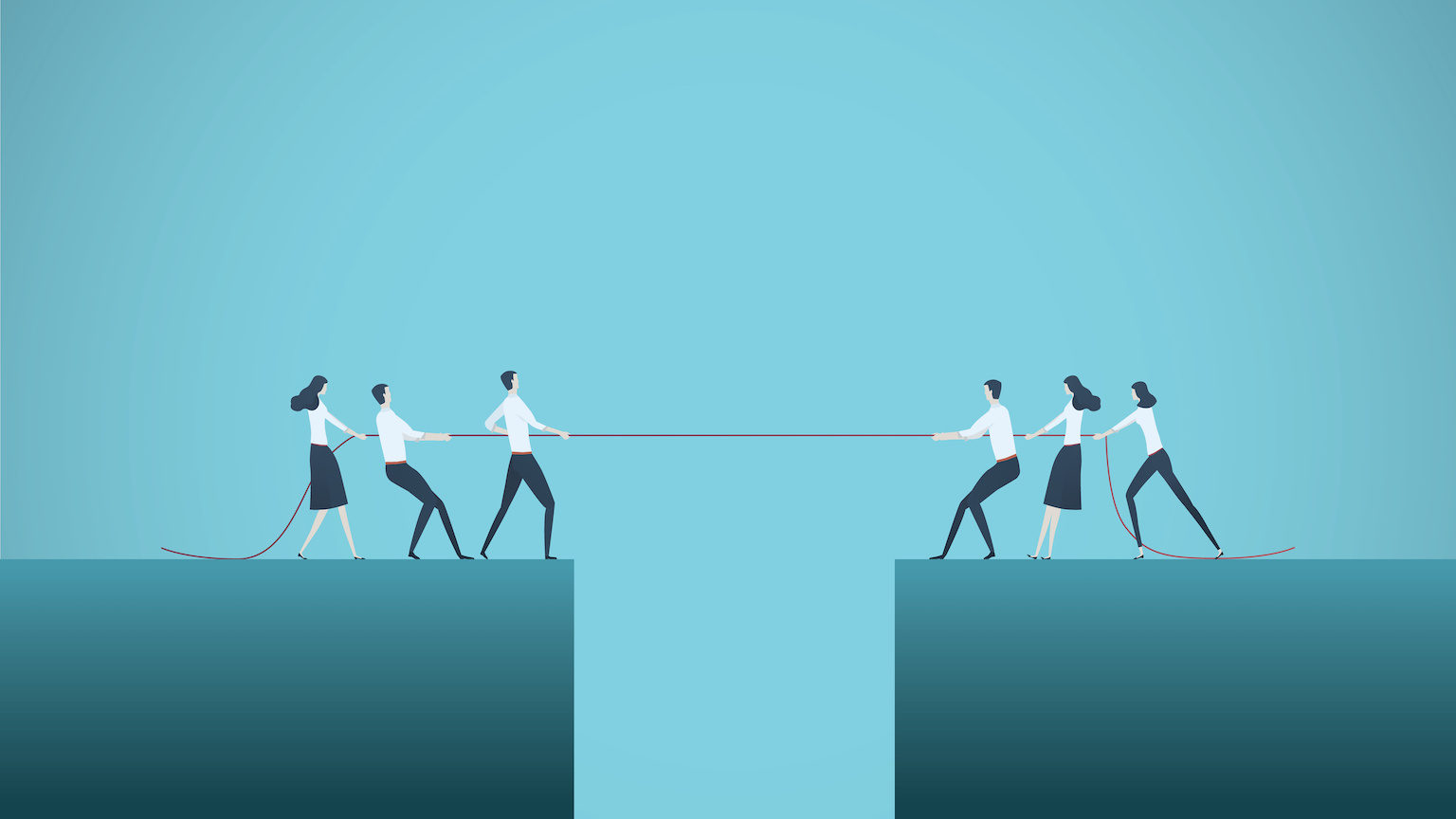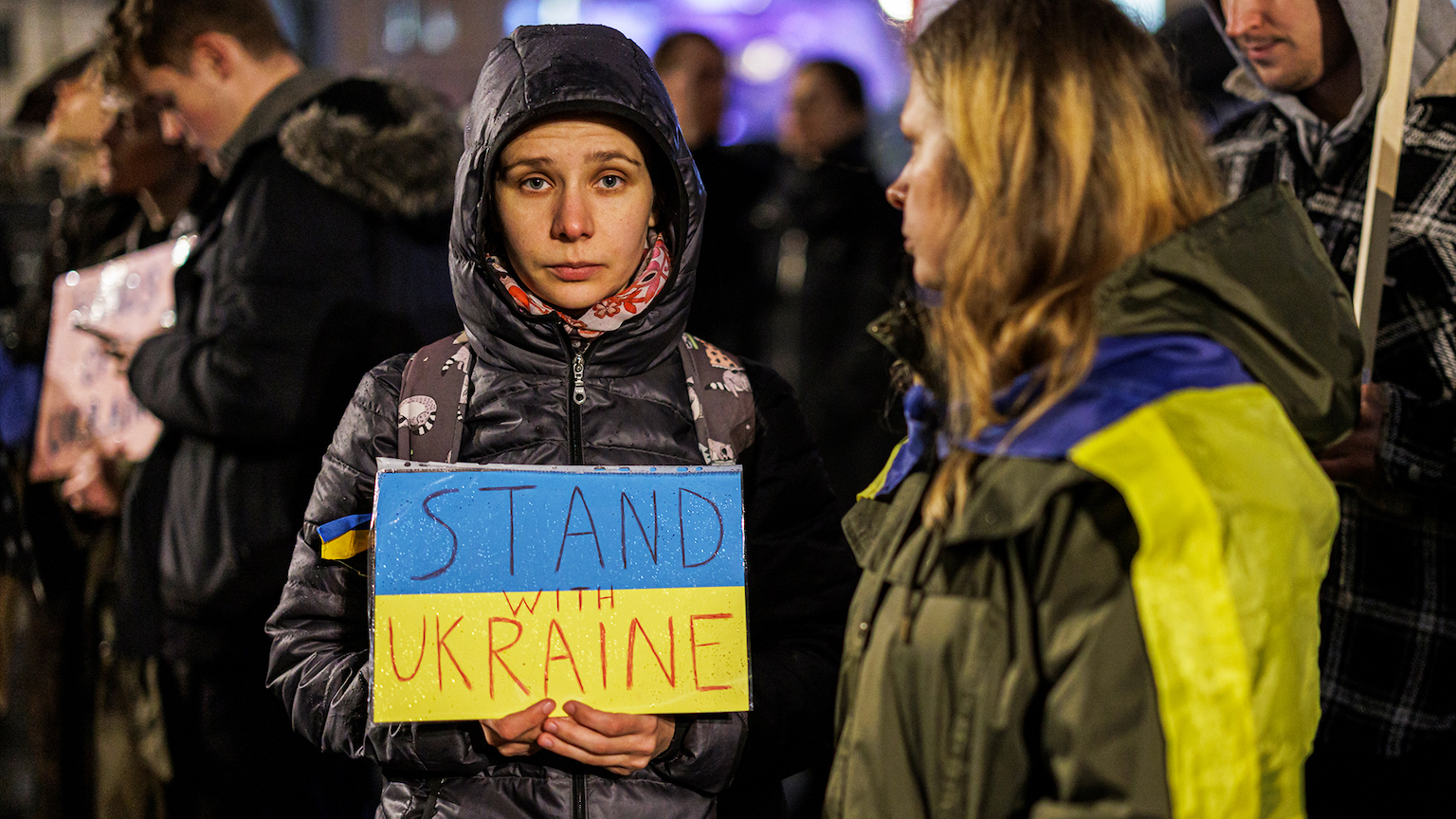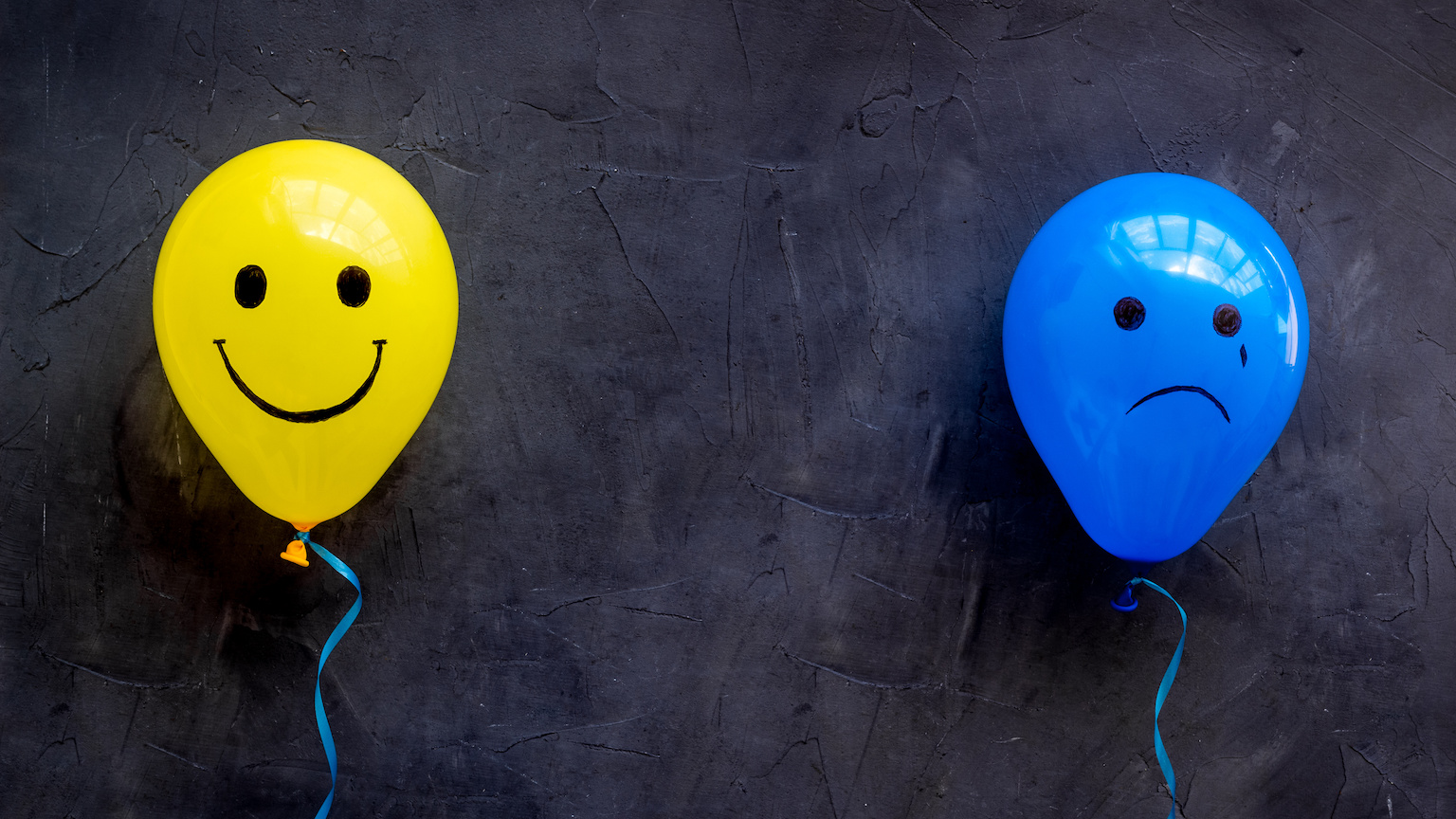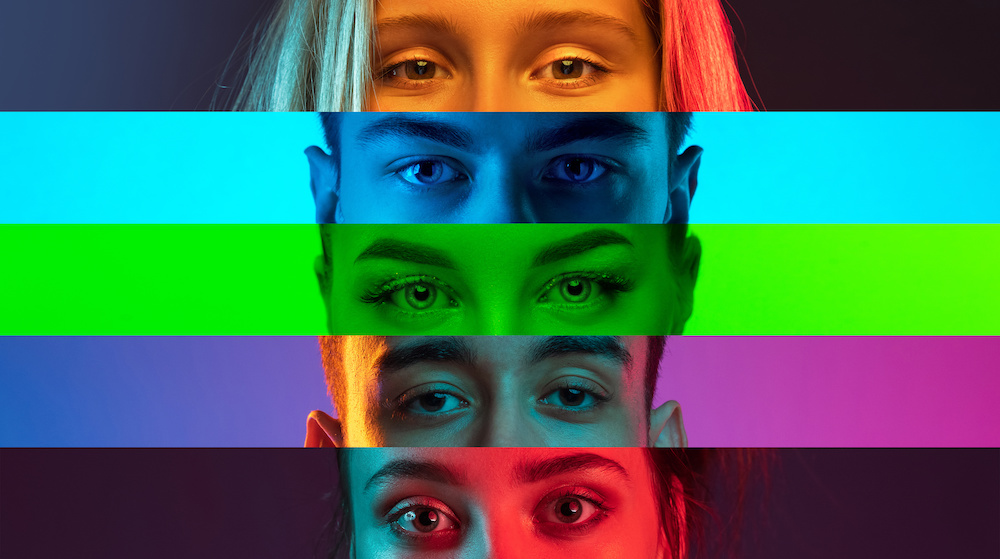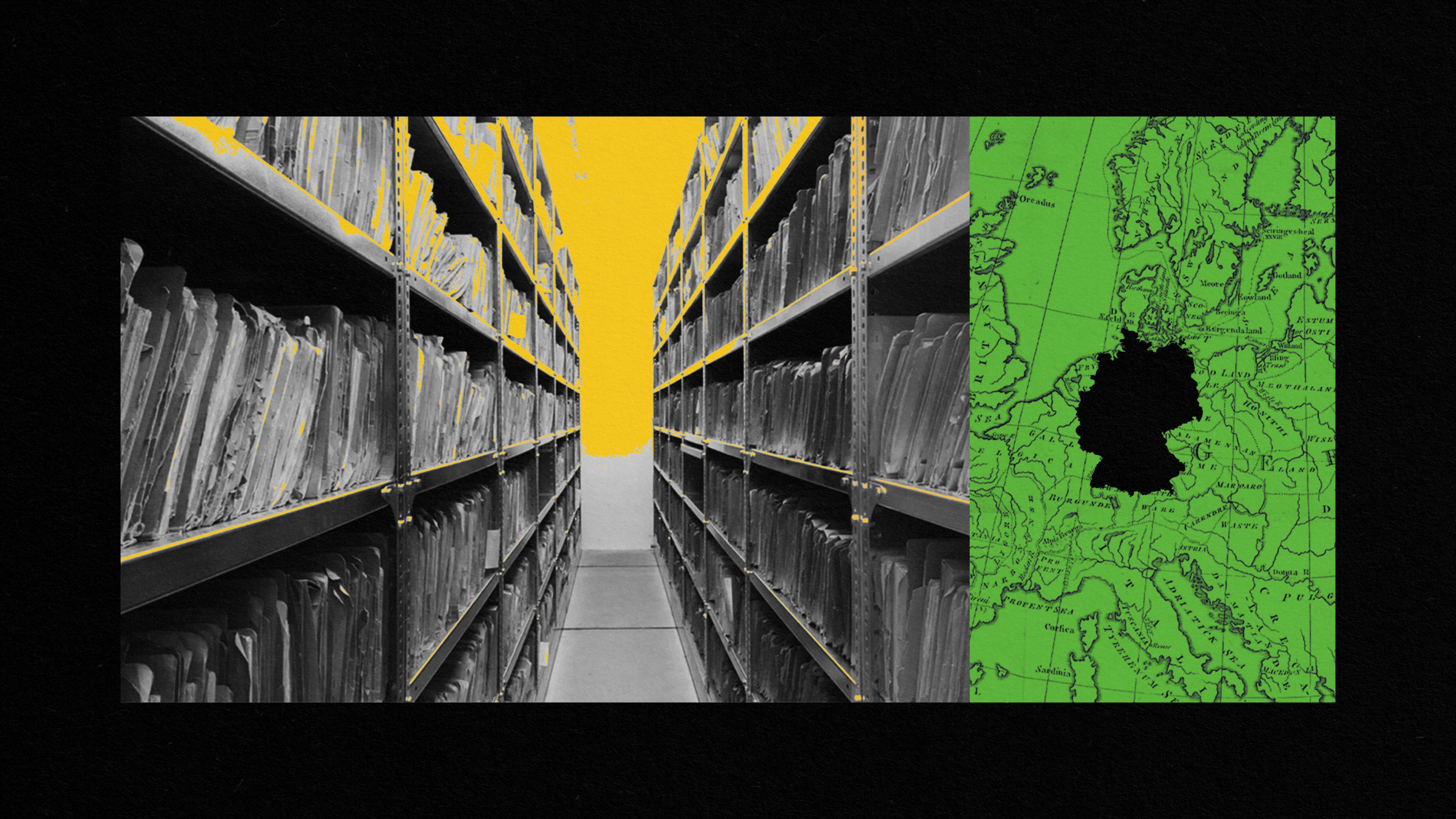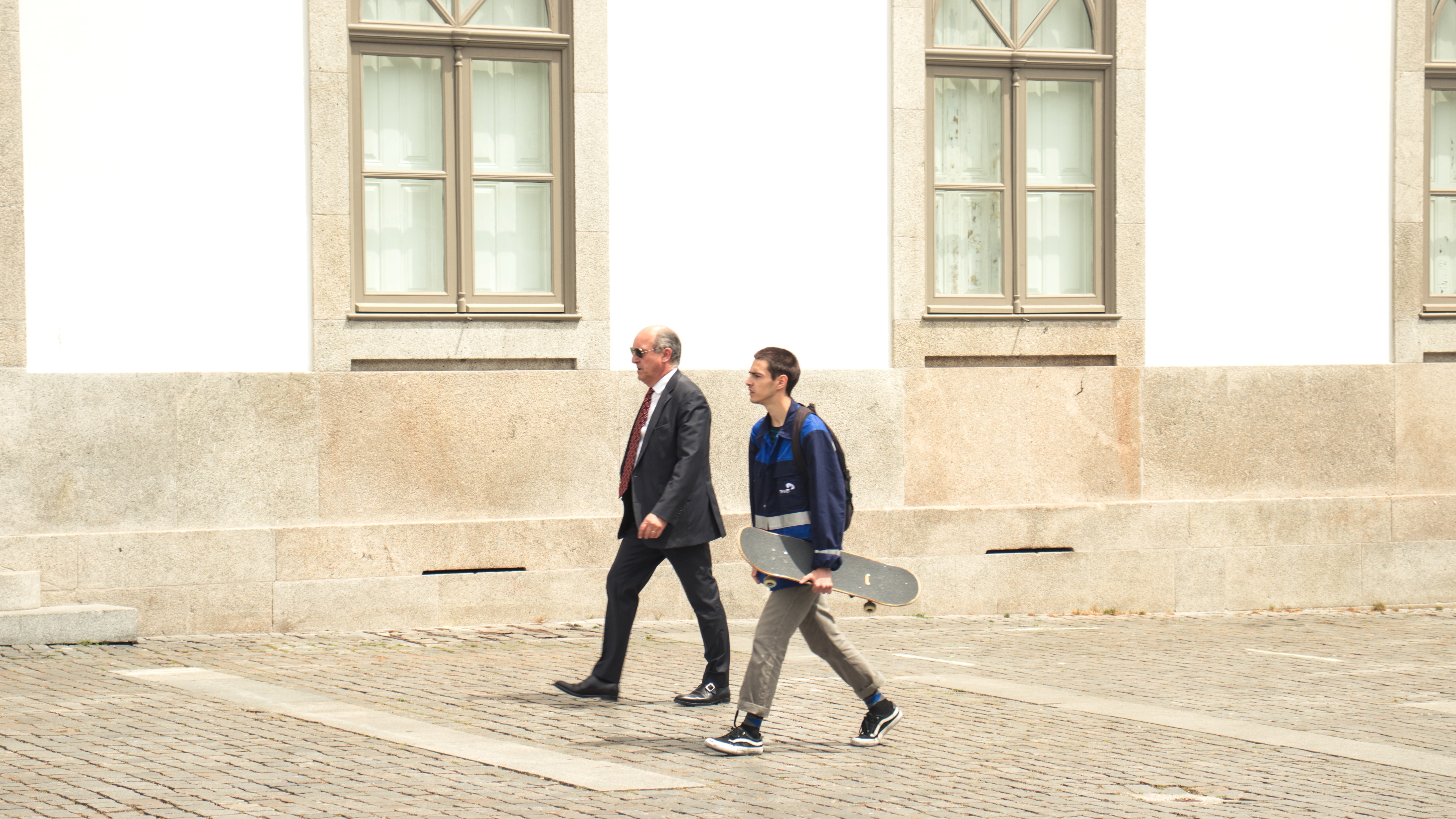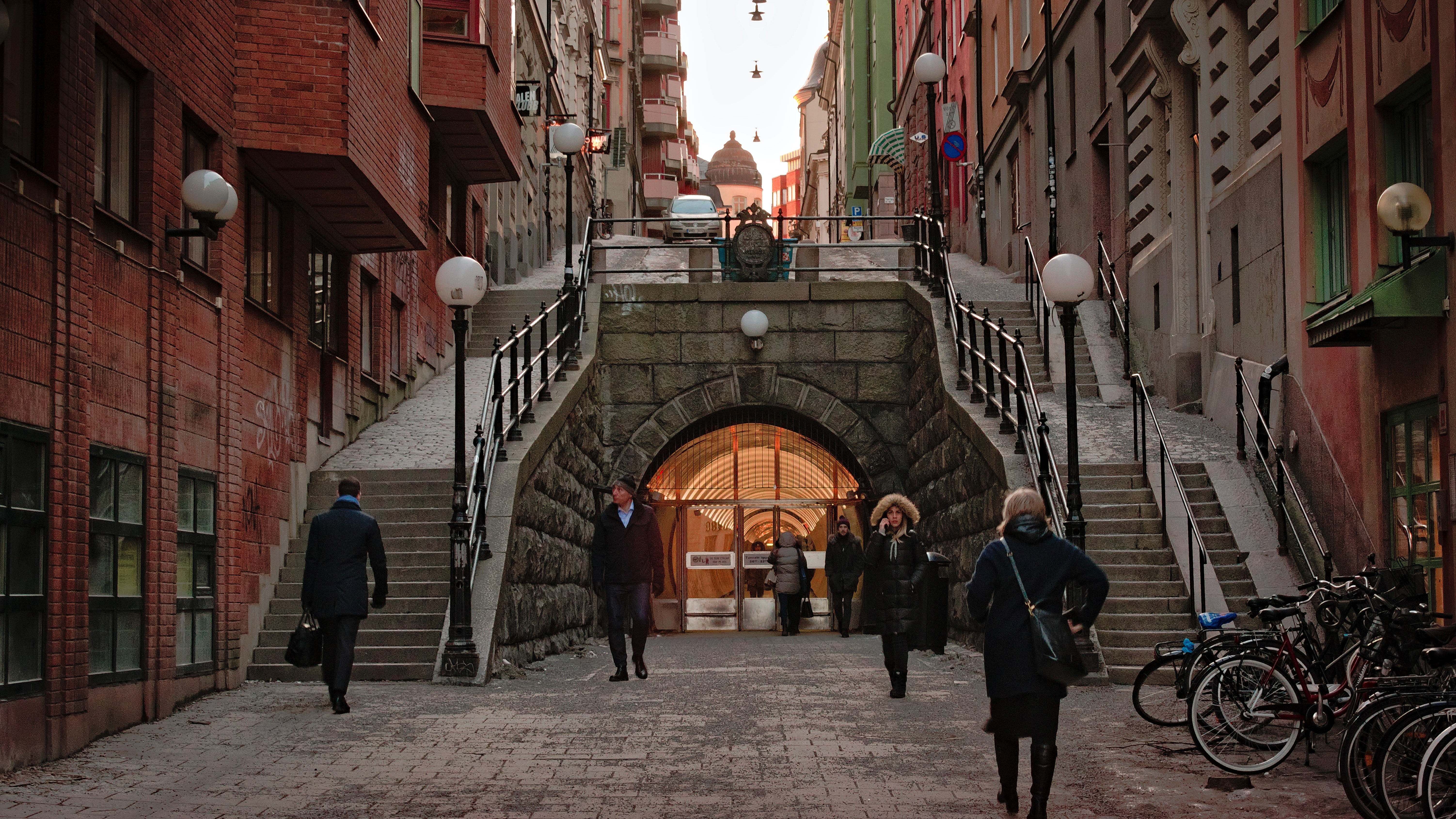sociology
Catholic sisters outnumber priests and religious on every continent.
Overwashing is bad for skin health, but many people do it anyway. One reason is that our brains intimately associate stink with disgust.
Social media distorts the reality of the public sphere.
On forums, “true bitcoiners” didn’t talk about technology or crypto. Instead, they talked about trust and corruption.
The results of a 2021 study suggest that the world’s most powerful psychedelic may be an underutilized peace-building tool.
Society treats teenagers as if they’re a problem to be solved, but the truth is that we have to prepare them to solve our problems. It’s time that we change the narrative.
Sludge may be inevitable, but there are better ways to manage such frictions in our daily lives.
▸
with
Outrage is a useful emotion that helped our ancient ancestors survive. Today, it leaves us feeling angry, tired, powerless, and miserable.
A growing body of research shows that religious people seem to enjoy more psychological well-being compared to others.
Like witchcraft, “racecraft” refers to a kind of magical thinking — one that treats race as if it were scientifically meaningful.
Too many people still view stay-at-home dads as feckless deadbeats, but their acceptance is an important step toward gender equality.
The very concept of a “problem with no solution” goes against human nature. But we must accept this harsh reality to have peace in our lives.
Pet owners have consistently reported higher levels of social capital in their communities than people without pets.
“What am I missing?” is a question that journalist Mónica Guzmán thinks more people should start asking.
When actual people correct misinformation online, it can be as effective, if not more so, as when a social media company labels something as questionable.
When we fail to help in a bad situation, we are morally responsible. So, why don’t we pick up others’ litter?
Investments in public libraries are a long-term investment in children and communities.
The paradox of tribalism is that humans need a sense of belonging to be healthy and happy, but too much tribalism is deadly. We are one tribe.
George Washington, for example, was quite happy to engage in deception, if that deception would help protect the United States.
A lot of research assumes happiness is measured by comfort and material conditions. For Aristotle, it is about being the best we can be.
The gaze of another person can make us conceive of our body as an object.
Religion fosters traits that are helpful in a school system that relies on authority figures and rewards people who follow the rules.
Finland reveals that happiness is more about mindset than umbrella drinks and sun-warmed beaches.
There are good historical reasons why Germans are suspicious of surveillance.
With this unique opportunity to create a totally new world, why does the metaverse already feature such old-world concepts?
The more social behaviors a voice-user interface exhibits, the more likely people are to trust it, engage with it, and consider it to be competent.
According to Sigmund Freud, our revulsion at taboos is an attempt to suppress a part of us that actually wants to do them.
Life’s stages are changing – we need new terms and new ideas to describe how adults develop and grow
Ages 30 to 45 are now “the rush hour of life.”
Iceland consistently ranks as the most gender-equal nation. It is also the nation where men and women are most likely to pursue sex-typical jobs.
Solitude, by itself, does not predict feelings of loneliness.




